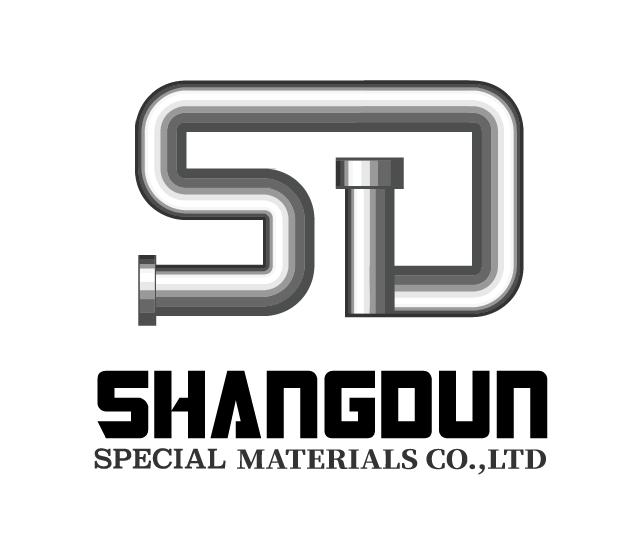Ni68Cu28Fe (Monel 400) alloy is corrosion resistant in dry gas at room temperature, but is not resistant to chlorine, bromine, nitrogen oxides, ammonia and sulfur dioxide gas containing significant amounts of water.
air. Ni68Cu28Fe (Monel 400) alloy has lower oxidation resistance in air and oxygen than pure nickel, and the maximum temperature for continuous operation in air is about 600 °C.
High temperature steam. In this medium, the alloy should be used at a temperature of 485 弋. In high-flow steam, the alloy has good erosion resistance. In the %68012(10)6 alloy subjected to stress, intergranular embrittlement will occur in steam above 455^, which is most severe at 474 °C and 500 °C. This is the basic reason why the upper limit of the alloy can not exceed 485 °C. In the steam at 150~250 °C in the absence of oxygen, the corrosion rate of the alloy is less than 0,025 mm/a after 1000 to 1500 h.
ammonia. Ni68Cu28Fe (Monel 400) has good corrosion resistance under anhydrous ammonia and nitridation conditions below 585 °C. After 3 or 3 years of test results in the catalytic converter of the ammonia plant converter, it is indicated that the exhaust gas composition is 60% H2, 20% N2, 12% ammonia, 8% Ar (volume fraction) at 490~550 °C. In the alloy, the alloy does not corrode or has less corrosion. A test exposed to a gas composition at 690 ° C for 4 months indicated that the % 68.281 ^ alloy was severely corroded. Ni68Cu28Fe (Monel 400) alloy has not encountered corrosion problems in the mixed gas of air and ammonia in the ammoxidation process, and the alloy has been successfully used as a gas filter material in an ammoxidation apparatus.
sulfur. Ni68Cu28Fe (Monel 400) alloy, due to its nickel-rich and oxidation-resistant alloying elements, is susceptible to corrosion damage due to the formation of low-melting nickel sulfide in molten sulfur and sulfur-containing media under certain temperature conditions. In reducing sulfur and sulfide (liquid sulfur and steam, hydrogen sulfide), the use temperature is limited to 320 psi; in oxidizing sulfide (S02), the use temperature should not exceed 370 °C.
Wet hydrogen sulfide. The wet hydrogen sulfide is moderately corrosive and is less corrosive than the non-aqueous hydrogen sulfide. The corrosion rate of the alloy reaches 0.75 mm/a in 66 ° C water continuously blowing hydrogen sulfide.
Chlorine and hydrogen chloride. Hydrogen chloride is more corrosive than chlorine. Ni68Cu28Fe (Monel 400) alloy has a lower corrosion temperature in hydrogen chloride than in chlorine (Table 5-19). This alloy has been successfully applied to the float valves of chlorine reactors and tank trucks, the orifice plates of chlorine gas lines and various components in chlorine distributors. Under wet and wet hydrogen chloride and condensation conditions below the dew point, the etch is very strong and the alloy will be severely corroded.
Table 5-19 Corrosion of Ni68Cu28Fe( Monel 400) Alloy in Chlorine and Hydrogen Chloride
|
||||||||||||||||||||||||||
Send your message to us:
Post time: Mar-20-2019




